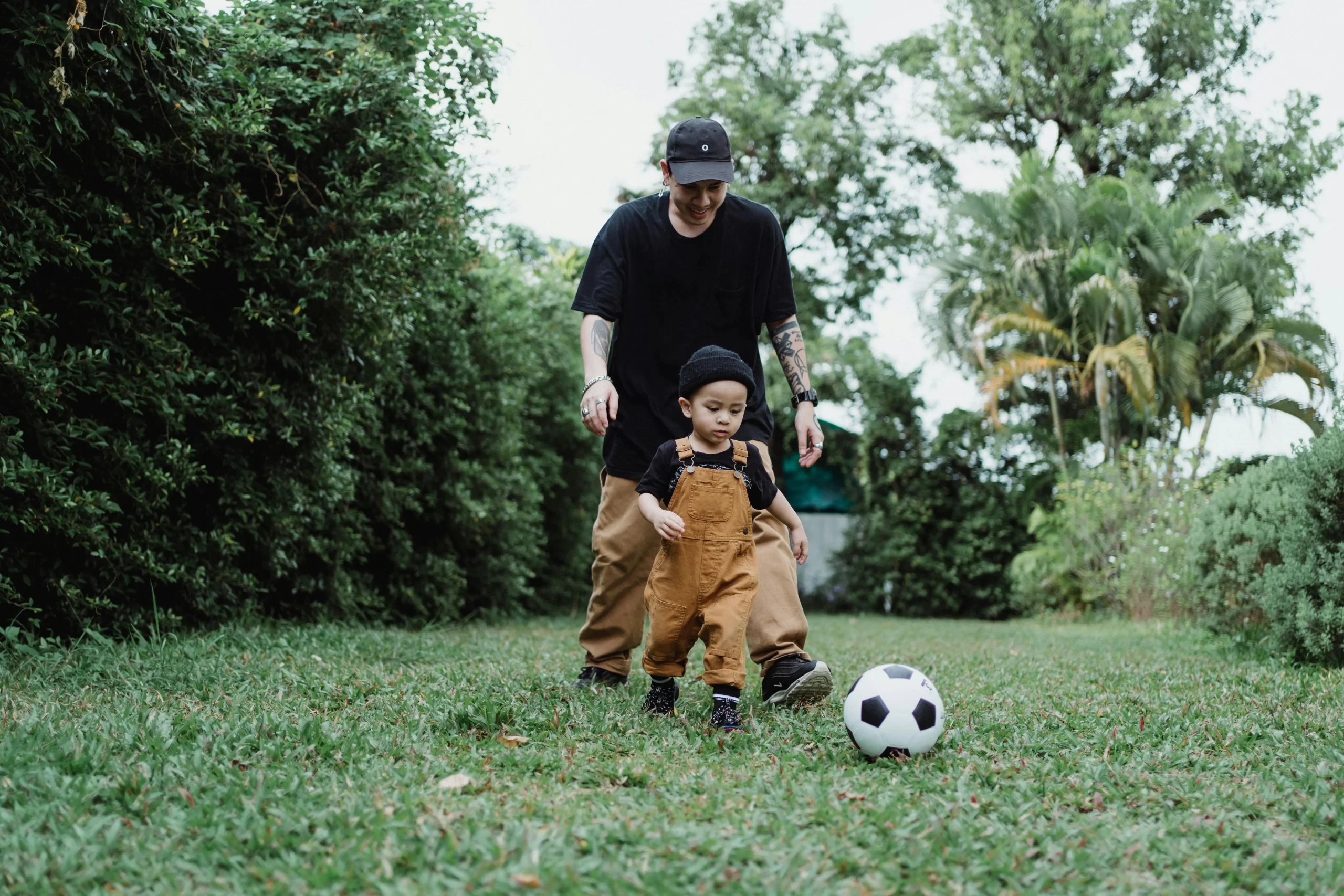How To Manage Cultural Pressure In Sports For Better Performance
As parents of young athletes, we all want our children to succeed. However, the cultural backgrounds we come from often shape the expectations we hold for them. These expectations can become a double-edged sword: they can inspire resilience and hard work, but they can also create significant stress and confusion. When cultural norms clash with our children’s personal passions, we must take the time to understand and navigate these complexities. In this post, I’ll share insights on how to address cultural expectations, encourage your child to chase their dreams, and promote a healthy balance that respects their heritage while supporting their aspirations.
Understanding Cultural Expectations
- Recognize the Context
Different cultures have unique values and ideals regarding sports and athletic performance. Some may emphasize competition and winning, while others prioritize teamwork and personal growth. Understanding your child’s cultural background is crucial. Research and engage in conversations about what sports mean in your culture. This lays the groundwork for meaningful discussions later.
Ask yourself: What unique values shape your expectations? How can these be reconciled with your child’s interests?
- Identify Family Expectations vs. Personal Goals
When thinking about expectations, it can be helpful to distinguish between family values and your child’s individual passions. While your culture might push a specific narrative around success, your child may feel differently. Make a list of family expectations and on a separate sheet, jot down your child’s interests. This side-by-side comparison can clarify areas of common ground and conflict. - Facilitate Open Conversations
Now that you’ve identified specific cultural expectations and personal goals, it’s time to engage in open dialogue with your child. Create a safe space where they feel comfortable expressing their feelings about sports and any pressures they face. Ask open-ended questions like:
- What do you love most about your sport?
- How do you feel when you compete?
- Are there any expectations that weigh heavily on you?
Remember: It’s essential to listen more than you speak. Acknowledging their opinions gives them the confidence to articulate their feelings further.
Discussing the Balance
- Balance Passion with Pressure
Your ultimate goal should be to guide your child toward a balance between their passions and the cultural pressures they might face. Here’s a practical approach:
- Encourage Exploration: Allow your child to explore various sports or activities outside the cultural norm. This helps them find what truly resonates with them.
- Set Realistic Expectations: Help them set realistic goals that align with their personal interests rather than solely based on cultural expectations.
- Celebrate Achievements: Every achievement counts, whether large or small. By acknowledging their hard work, you’re reinforcing the idea that their personal journey is valid and worthy of recognition.
Providing Support
- Empower Independence
As your child matures, it’s vital to instill a sense of autonomy around their athletic choices. Encourage them to voice their choices and desires. You can facilitate this by:
- Engaging in goal-setting discussions: Allow them to set their sports goals. This gives them ownership and motivates them further.
- Encouraging perseverance: Teach them that setbacks are a part of growth and don’t reflect on their cultural identity.
- Model Healthy Coping Strategies
Kids learn a lot by imitation. Share your ways to manage stress and pressure. This can include:
- Practicing mindfulness or relaxation techniques together.
- Engaging in family activities unrelated to sports to emphasize balance.
- Using positive affirmations to boost their self-esteem and resilience.
Monitoring Mental Health
- Be Observant
Keep an eye on your child’s emotional and mental well-being. It’s essential to recognize signs of stress, anxiety, or burnout related to their sport. Encourage your child to express their feelings and regularly check in on their mental state.
Tips to monitor:
- Set a routine for discussions that focuses solely on them and their feelings.
- Note any changes in their enthusiasm, performance, or behavior linked to sport.
- Seek Professional Support If Needed
If you notice persistent signs of stress, consider involving a professional, such as a sports psychologist. They can provide tools children often need to manage pressures effectively.
Conclusion: Finding the Right Balance
Cultural expectations can feel overwhelming, but they don’t have to dictate your child’s athletic journey. By recognizing these expectations, engaging in open conversations, and fostering independence, you help your child carve their path while respecting their cultural heritage. Encourage them to explore their passions, set personal goals, and find a balance that works for them.
As parents, we play a crucial role in shaping our children’s experiences in sports. Let’s take proactive steps to alleviate stress by fostering a supportive environment that uplifts their individuality. Are you ready to embark on this journey together? Start those conversations today, and take note of what your child enjoys most about their sports life. Together, you can find that delicate balance that honors both their cultural background and personal dreams.




